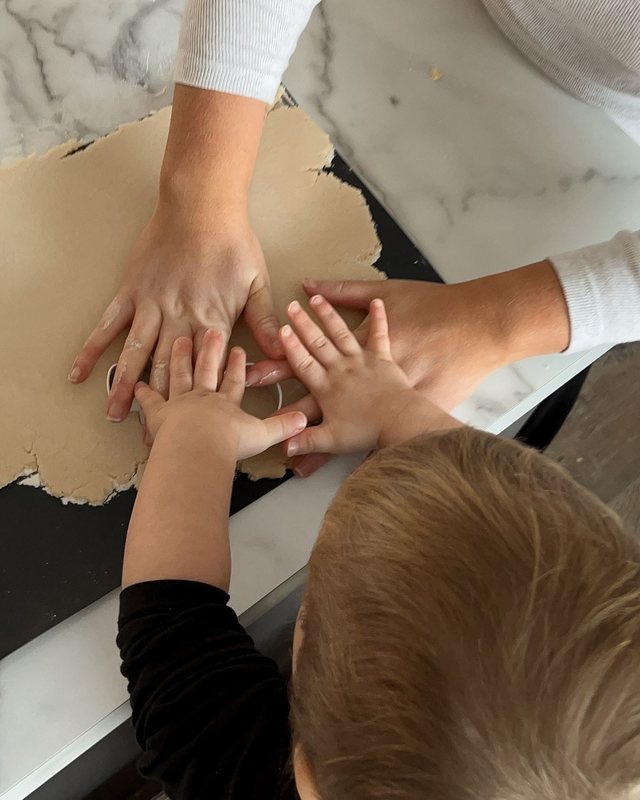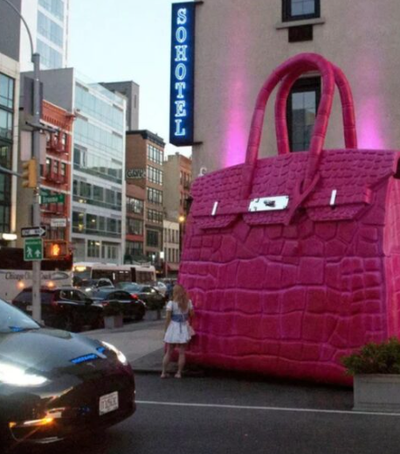
In the modern era, where personal achievement and professional fulfillment are often inextricably intertwined, the question "Can I find a balance between myself and my career?" remains one of the most real and challenging dilemmas for individuals – especially for women in multifaceted roles.
Balance has become a cultural ideal: a feeling projected into images of calm, perfectly managed schedules, and healthy boundaries between “work” and “life.” But the reality is different: balance is not a fixed point that is achieved once and for all. It is a dynamic process, requiring awareness, adaptation, and the courage to set boundaries.
What is balance – and what is it not?
Balance doesn't mean dividing your time equally between your professional and personal life. Nor does it mean having a clean calendar, regular vacations, and a constant sense of peace.
Essentially, balance is an inner feeling that you are aligned with your values. That you are not losing yourself in achievements that do not represent you. That your career is not happening at the expense of your mental or emotional well-being.
Why is it so difficult to achieve?
Because we live in a world that glorifies achievement, romanticizes burnout as success, and views rest as weakness. Performance culture teaches us to measure ourselves by what we do, not who we are.
Furthermore, the expectations we place on ourselves are often unreasonable, inherited from external models, not built on our real needs. And so, often, we try to maintain a balance by standing on the tip of a stick swinging in the air.
How is a real balance built?
There is no fixed formula, but some principles help build a healthier relationship with time, ambition, and yourself:
1. Awareness of internal boundaries
Balance doesn't start with managing your schedule, but with recognizing the line between "I can" and "I don't want to." It's an ability to say "no" without feeling guilty and accepting that we can't be present everywhere and for everyone, at once.
2. Returning to true priorities
When everything seems urgent, nothing is important. Balance requires constant review: what is most valuable now? What can wait? What is consuming me without giving me anything back?
3. Time for yourself as an investment, not a luxury
Emotional and physical well-being are not rewards after work. They are a prerequisite for being sustainable in every other aspect of life. Rest, peace, taking care of the body and mind are not anti-career — they are its essence.
4. Adaptability, not perfection
Balance changes with the seasons of life. What works this month may not work next month. The flexibility to reorganize yourself without seeing it as failure is the very mark of maturity.
Does balance really exist?
Yes — but not as a magic formula or a permanent state of worry-freeness. It exists as a practice of mindfulness, as a daily agreement with ourselves to not lose sight of the why while pursuing the what. It is an inner movement between ambition and self-compassion.
Someday you'll make it. Someday you'll fall. But as long as you're honest with yourself and you're not running in a direction that doesn't represent you, balance isn't far away — it's there, within yourself.





